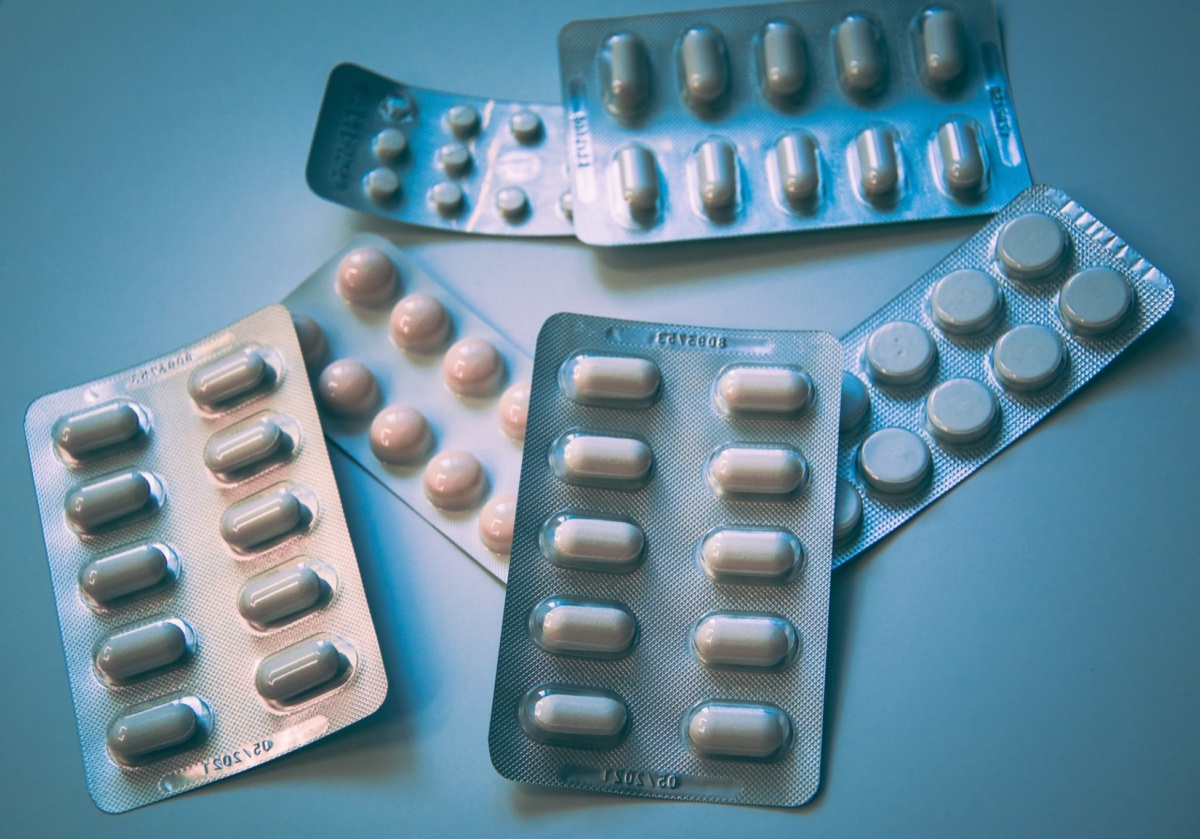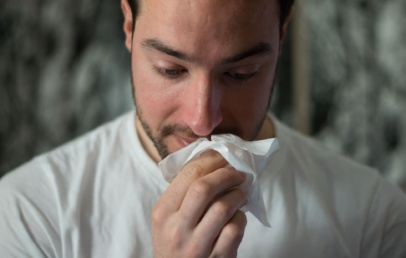
If you don’t need it, don’t take it.
As a child of a doctor, there was almost always a regular supply of over-the-counter drugs available in my home. Of course, as a doctor, my dad was swift to explain to me the importance of safe, proper dosage, so I never touched that stuff unless I absolutely needed to. That’s a habit I’ve carried over into my adult years, and one I take very seriously.
Just like in my childhood, I keep a stash of simple painkillers like Advil and Tylenol under the bathroom sink, and if I have some manner of ache, I’ll take one. However, every time I do, I always make a point of re-reading the dosage instructions and keeping an eye on the time to ensure I don’t overdose. Most importantly, if I’m only a little a achy, I just try to tough it out, as it’s not wise to rely too heavily on painkillers.
The reason it’s so important to follow dosage instructions to the letter is that many painkillers can become toxic to your body if taken in excessive doses. Overdosing can cause major intestinal stress, forcing your body to purge itself in order to be rid of the source of toxicity. In rare and extreme cases, overdosing on painkillers can cause severe and permanent damage to your liver as it buckles under the effort of processing all that medication. It’s even possible to die from this, though thankfully, this is even more rare; if overdoses are promptly identified, counteractive measures can be taken.

By all means, don’t let me scare you away from using OTC medication. Sometimes, pain just becomes too much to bear and you need something to take the edge off. But you should be cognizant of the fact that, if your pain isn’t going away after a day or two of pills, the root cause may be a problem that pills can’t solve.




